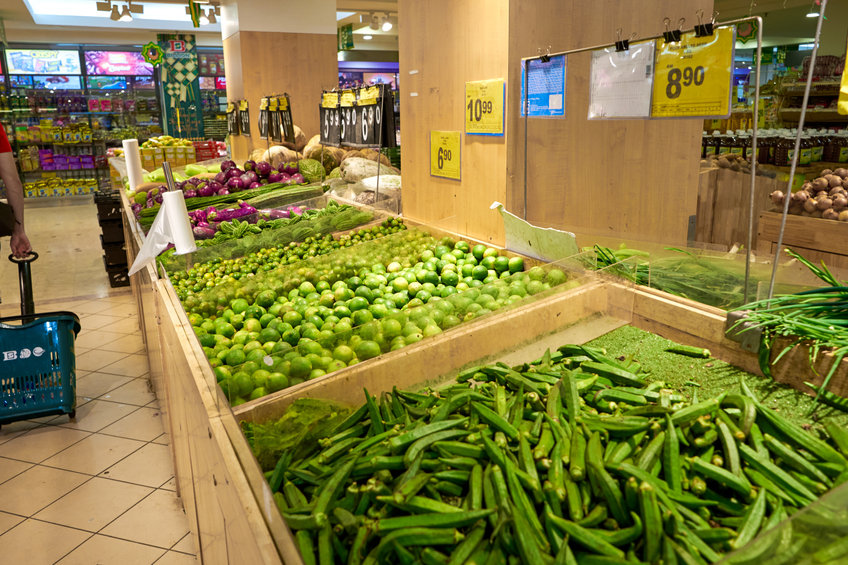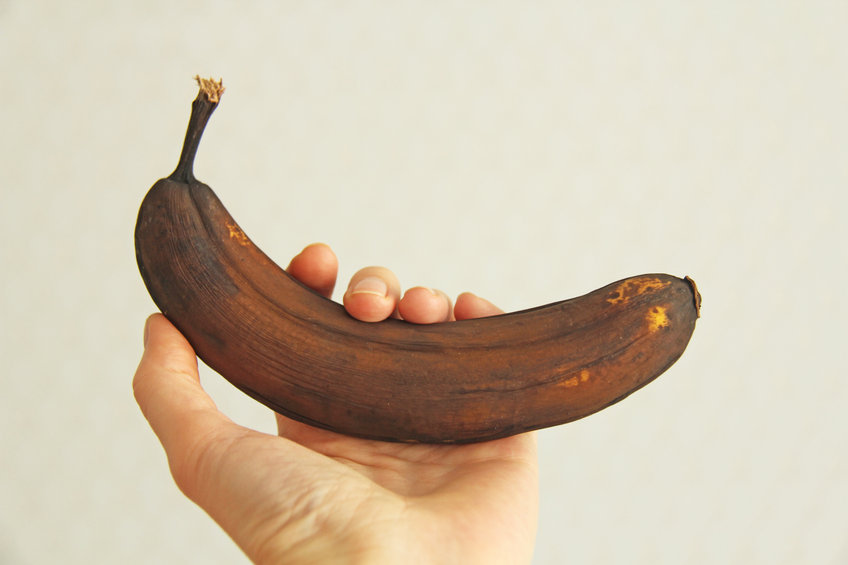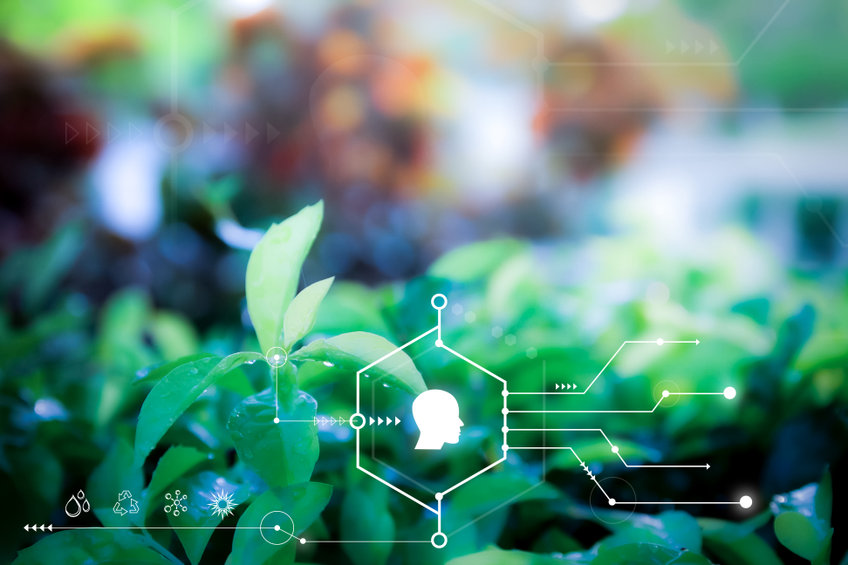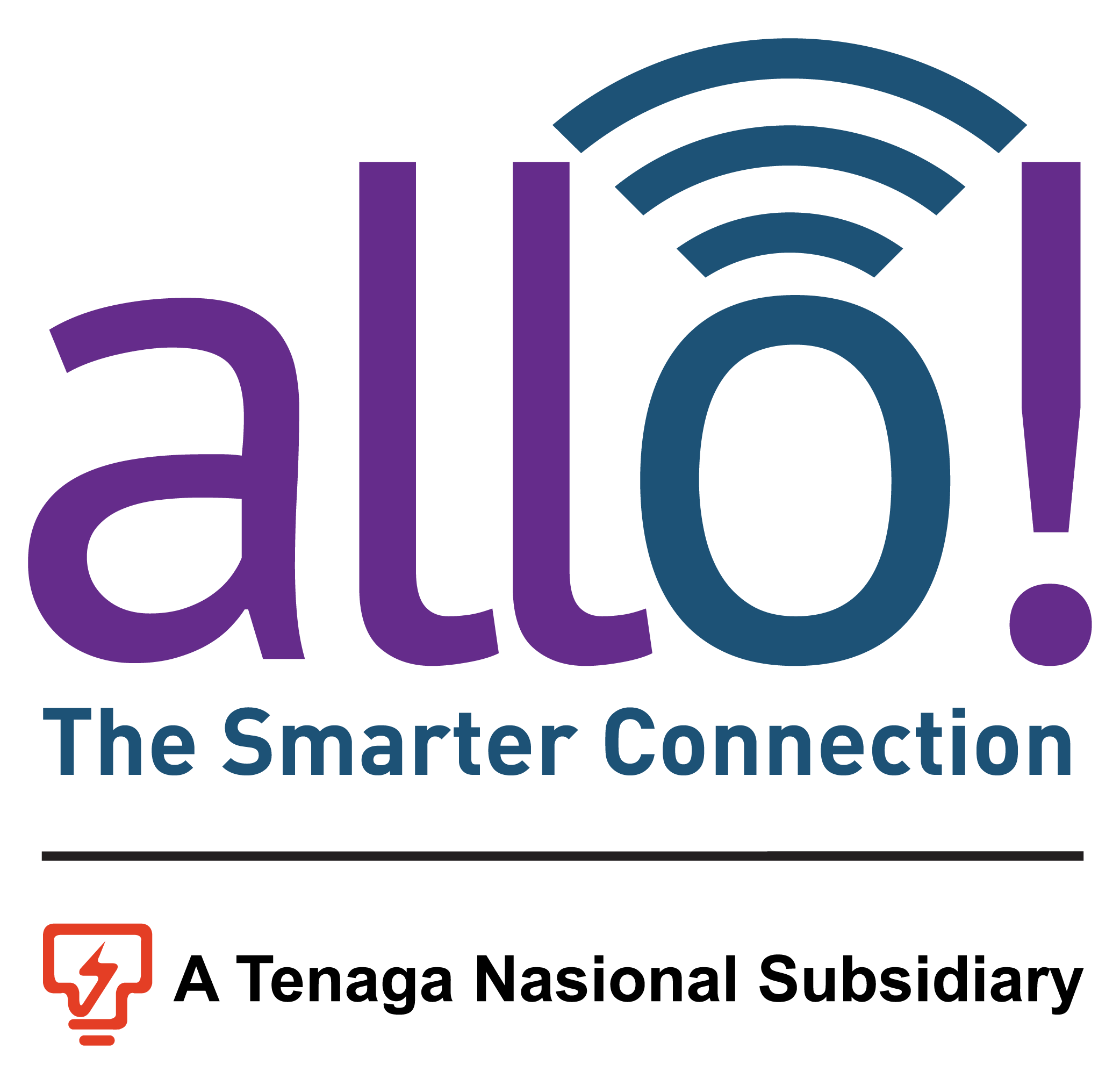BLOG
How IoT and Blockchain Technology Can Help Curb Food Waste

Food wastage has been a significant problem in Malaysia for many years. Sadly it starts immediately after harvest as some food items are discarded for not looking good enough to go to the market. Data shows that the amount of food discarded immediately after harvest accounts for 40% of Malaysian fresh produce.
Once the remainder gets to the supermarket shelves, picky consumers choose the pretty-looking foods and leave the rest. Unfortunately, this pickiness is so rampant that people can look for groceries in another supermarket if the ones they find are not desirable.
These habits result in a lot of edible food going to waste as supermarkets are also forced to discard them once their shelf life elapses.
According to the Solid Waste Management and Public Cleansing Corporation (SWCorp), approximately 17,000 tons of food are wasted daily. Furthermore, 24% of this food which is over 4000 tons, is still edible.
The Lost Food Project (TLFP), a non-profit organization that rescues and distributes waste food, suggests that this food is enough to provide three meals a day for 2.9 million people.

Effects of Food Wastage
Considering that people are struggling to put food on the table, even an ounce of wastage is one too many. But beyond this, the effects of food wastage in Malaysia include:
1. Financial
For distributors and retailers, wastage of food translates to significant losses. However, that’s just the tip of the iceberg. According to the minister of housing and local government, Reezal Merican, the cost of disposing of food wasted by each family amounts to RM210 monthly or RM2,600 annually.
2. Environmental
All the unrecyclable waste finds its way to one of the hundreds of landfills across Malaysia. As you know, groceries are organic and will decompose.
However, it’s not that easy. As it decomposes, food can be very harmful to the environment. This is because food produces potent greenhouse gases as it rots. In turn, these gases cause the greenhouse effect leading to global warming.
Considering how environmental disasters have increased significantly in recent decades, there is a great need to build a greener and more sustainable environment. As such, even from an ecological perspective, it’s important to curb food wastage.
How Technology Can Help Curb Food Wastage
In some ways, supermarkets have little choice when it comes to preventing food wastage. One of the steps they take is offering such food at significantly discounted prices to encourage consumers to purchase. However, this is not enough.
That’s why there is a great need to adopt technology to reduce food wastage.
IoT and Blockchain to Curb Food Wastage
Along with wastage, food safety is a critical factor for retailers. The use of blockchain and IoT to track food from the farm to the shelves is transforming the food industry.
Blockchain offers an immutable ledger that provides a transparent and traceable record. These records permanent, secure, and are time-stamped. So, blockchain technology provides a quick and reliable overview of the products and their lifecycles. In turn, this enhances the decision-making capacity, thus reducing the risk of food wastage.
On the other hand, IoT sensors make it possible to track food throughout its journey, from harvest to delivery. This is done on a real-time basis, thus making the supply chain more transparent and trackable. In conjunction, these two technologies also enhance the efficiency of the food recall process.

Benefits of Blockchain and IoT in the Food Supply Chain
As the government and businesses work towards curbing food shortages, blockchain technology and IoT will offer significant benefits. These include:
1. Shorter Supply Chain
By leveraging IoT and blockchain technology, businesses are able to track their food’s journey from harvesting to warehousing and finally delivery. Moreover, they make it possible to streamline the supply chain as they can identify and address flaws.
In so doing, the supply chain will become shorter. This means that when the food finally arrives at the supermarket, it will be fresher.
2. Extended Shelf Life
Understandably, everyone wants to use fresh produce to prepare meals. Thanks to the enhanced decision-making that helps shorten the supply chain, food will arrive at the store fresher.
This also means that it will have a longer shelf life, increasing the likelihood of being purchased and reducing food wastage.
3. Ability to Predict Freshness
IoT devices used in the packaging give a clear picture of how fresh food is and its shelf life. This information is invaluable to distributors. It allows them to plan the distribution process to minimise food wastage.
4. Redistribution of Food
It’s common for issues to arise along the supply chain. When they do, it may not be possible for food to reach the intended destination when fresh. If so, IoT and blockchain provide the necessary insight to plan for redistribution to reduce wastage.
5. Future Food Security
While hunger is still a pressing issue in Malaysia, any avoidable wastage of food is somewhat criminal. As producers, suppliers, and retailers embrace IoT and blockchain technology, food can be redistributed as needed to combat hunger.
If this is done consistently across the nation, food security will be an achievable goal in the near future.
Connectivity Is at the Heart of Curbing Food Wastage
Evidently, IoT plays a key role in curbing food wastage and achieving food security. However, beyond the trackers and devices, there’s one essential component for leveraging IoT; connectivity. A strong and reliable internet connection is essential for these devices to collect and transmit data throughout.
This is where Allo comes into play. Our infrastructure supports the nationwide rollout of fiber broadband, and we are looking at connecting more and more places of living every day, with the promise of providing quality internet to all Malaysians. So, as you prepare to leverage blockchain and IoT to improve supply chains and reduce food wastage, contact us for all your connectivity needs.
